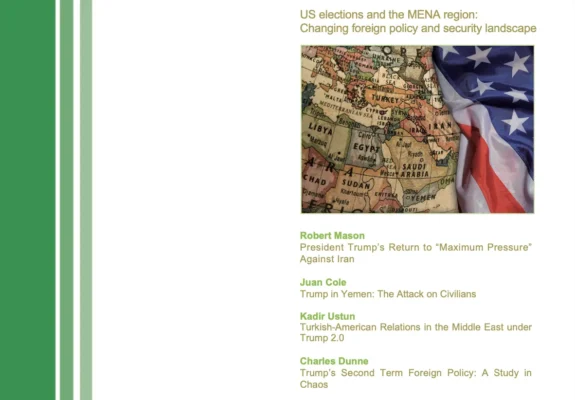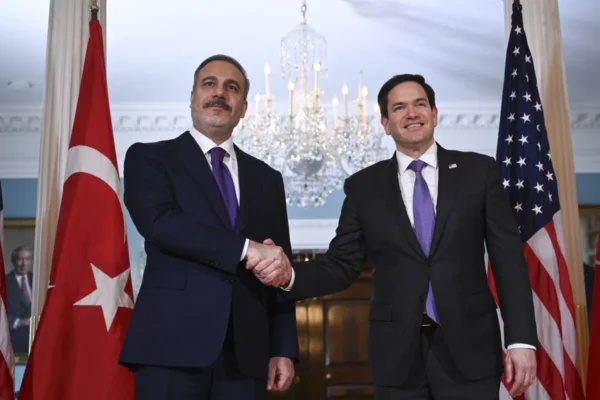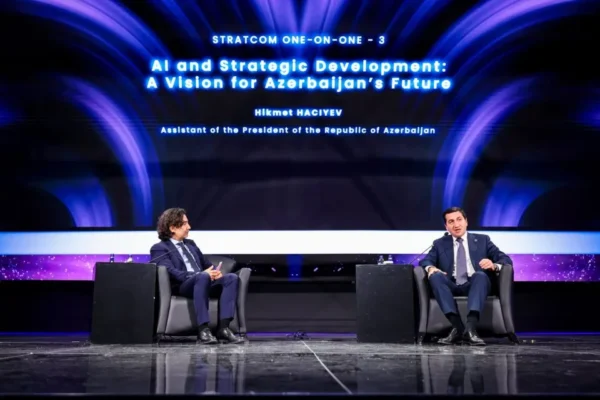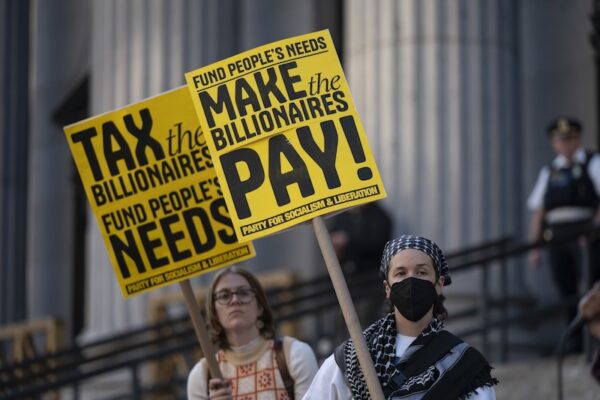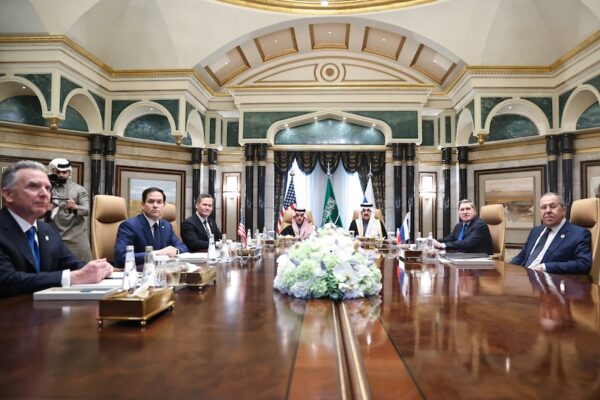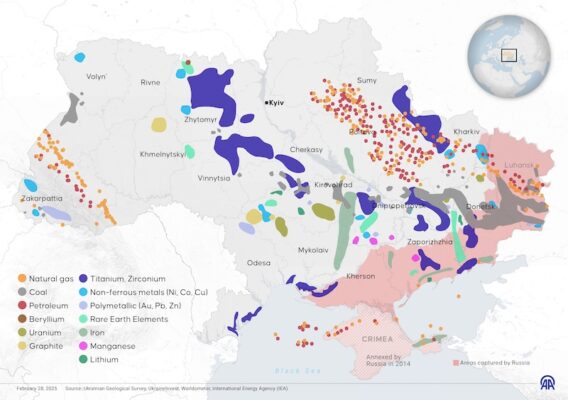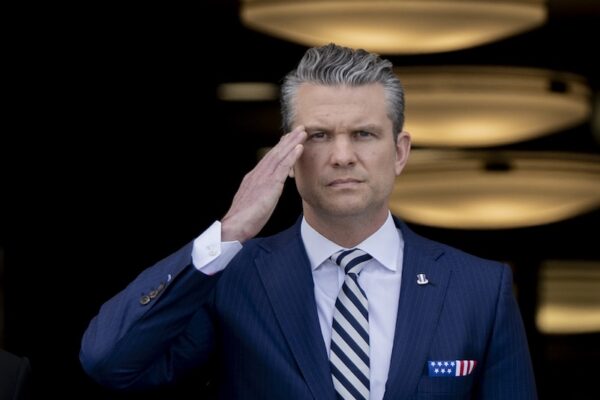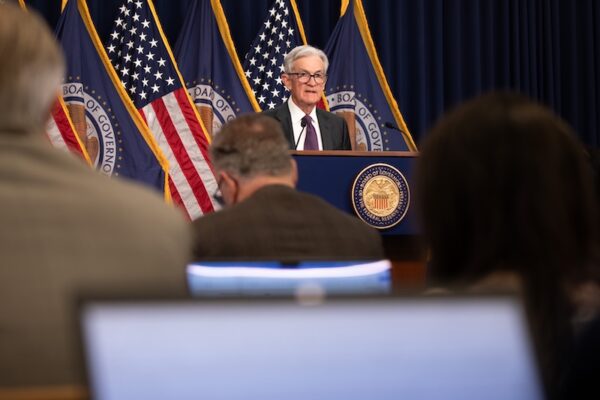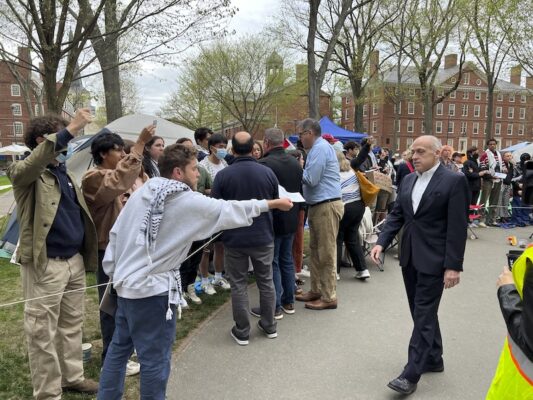Governing change, a solution to deadlock in politics
The recent discussions and proposal to change the governmental system in Turkey has generated a lot of debates in the international arena as well. Last week at a panel organized by the Foundation for Political, Economic and Social Research (SETA) in Washington, D.C., two prominent experts in the field spoke about the proposed changes and answered questions in regards to these changes. Abdulhamit Gül, the general secretary of the Justice and Development Party (AK Party), who was one of the facilitators of the agreement between the AK Party and the Nationalist Movement Party (MHP) on the constitutional amendment and Nebi Miş, the policy director of the SETA Foundation, who wrote extensively on this topic, presented the issue to the audience in Washington.
One of the first questions for them was why the change in the Constitution was suggested now. The speakers explained the historical background of these debates and demonstrated how a change in the governmental system was proposed in multiple different instances before the AK Party and MHP proposal. Most of the prominent figures in Turkish politics, including former presidents Turgut Özal and Süleyman Demirel, suggested a governmental change in Turkey due to the difficulty in establishing coalition governments in the country. This difficulty generated serious political and economic crises in the country, paving the way for the intervention of the military into the political sphere.
The speakers particularly presented examples of these political deadlocks, such as the inability of Parliament to elect a president after more than 100 rounds of elections and the frequency of the dissolution of coalition governments. Especially in two periods in the 1970s and 1990s, the instability that was generated in the country as a result of the difficulty to establish and manage coalitional politics in Turkey brought it to the brink of a civil war and created a high degree of instability in the country. Following these critical periods in Turkish democracy the major political figures again offered the change in governmental system. However, in both instances, the lack of a powerful coalition prevented the emergence of such a change. An example during this period was particularly interesting.
When in the late 1980s a change was brought to the agenda by then President Özal, the leader of the main opposition party, Demirel became the fiercest critic of this proposal. However soon after the death of Özal, Demirel became the president of the country and shortly afterwards when there were multiple crises in building coalition governments, he turned out to be a big advocate of a change in the country’s governmental system. He described the parliamentary system as “unsustainable in Turkey.” Thus the proposed changes in the governmental system are not something new in Turkish politics.
The new thing was an agreement between the two major political parties to pursue this governmental change. This historical background also clarified a second set of questions about any possible solutions to the deadlocks within the parliamentary system. The speakers presented the amendments in the current system and how most of these amendments failed to resolve the main challenges within the system. Of course the background of this change was not the only issue that was discussed in the panel. There were different questions in regards to the timing and renewal of the elections, the issue of separation of powers and the process of the constitutional amendment.
With only two weeks left before this historic referendum in Turkey, the panel demonstrated the increasing degree of interest in Turkish politics.
This article was first published in Daily Sabah on April 5, 2017.





